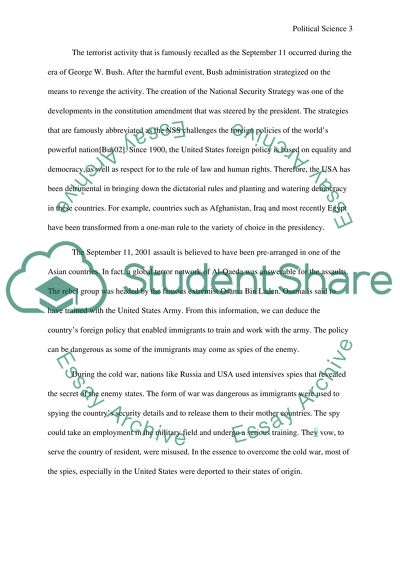Cite this document
(“How anomalous was the War on Terror in the context of US foreign Essay”, n.d.)
Retrieved from https://studentshare.org/social-science/1673388-how-anomalous-was-the-war-on-terror-in-the-context-of-us-foreign-policy-since-1900
Retrieved from https://studentshare.org/social-science/1673388-how-anomalous-was-the-war-on-terror-in-the-context-of-us-foreign-policy-since-1900
(How Anomalous Was the War on Terror in the Context of US Foreign Essay)
https://studentshare.org/social-science/1673388-how-anomalous-was-the-war-on-terror-in-the-context-of-us-foreign-policy-since-1900.
https://studentshare.org/social-science/1673388-how-anomalous-was-the-war-on-terror-in-the-context-of-us-foreign-policy-since-1900.
“How Anomalous Was the War on Terror in the Context of US Foreign Essay”, n.d. https://studentshare.org/social-science/1673388-how-anomalous-was-the-war-on-terror-in-the-context-of-us-foreign-policy-since-1900.


